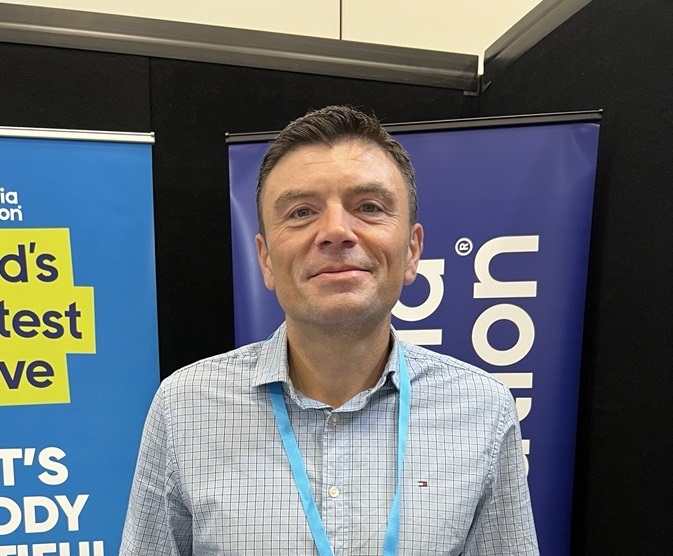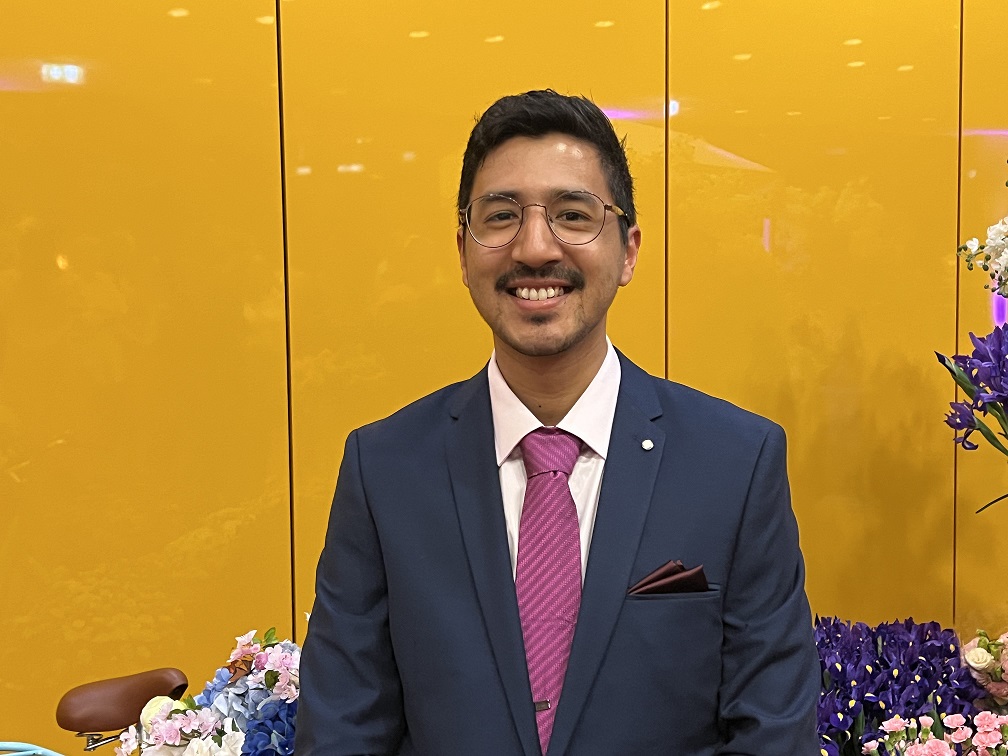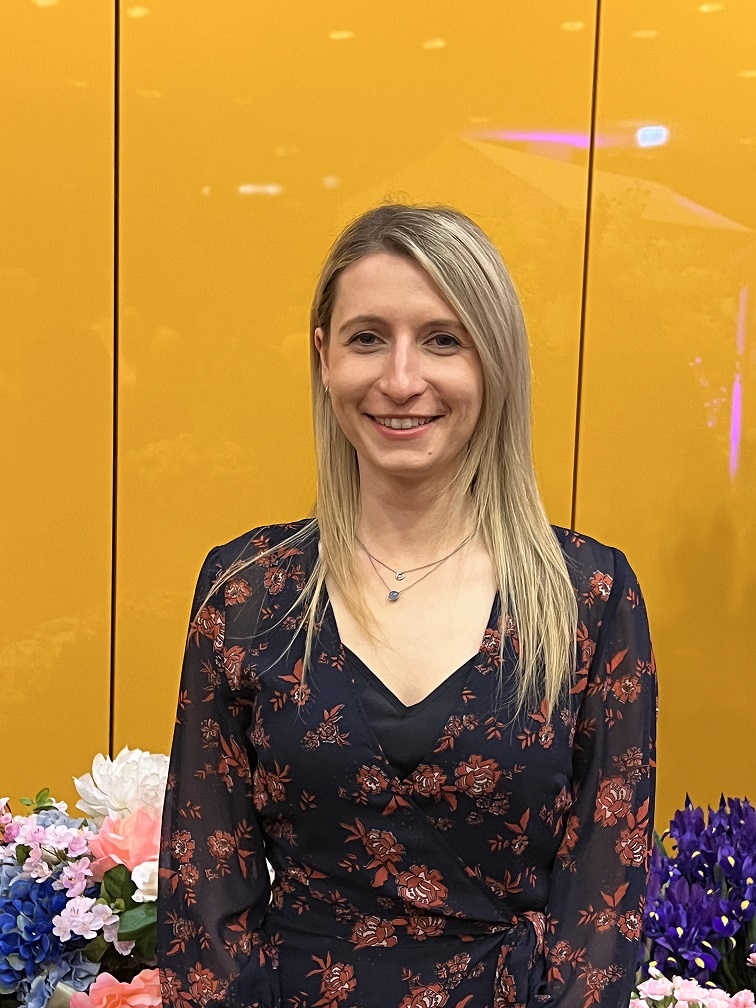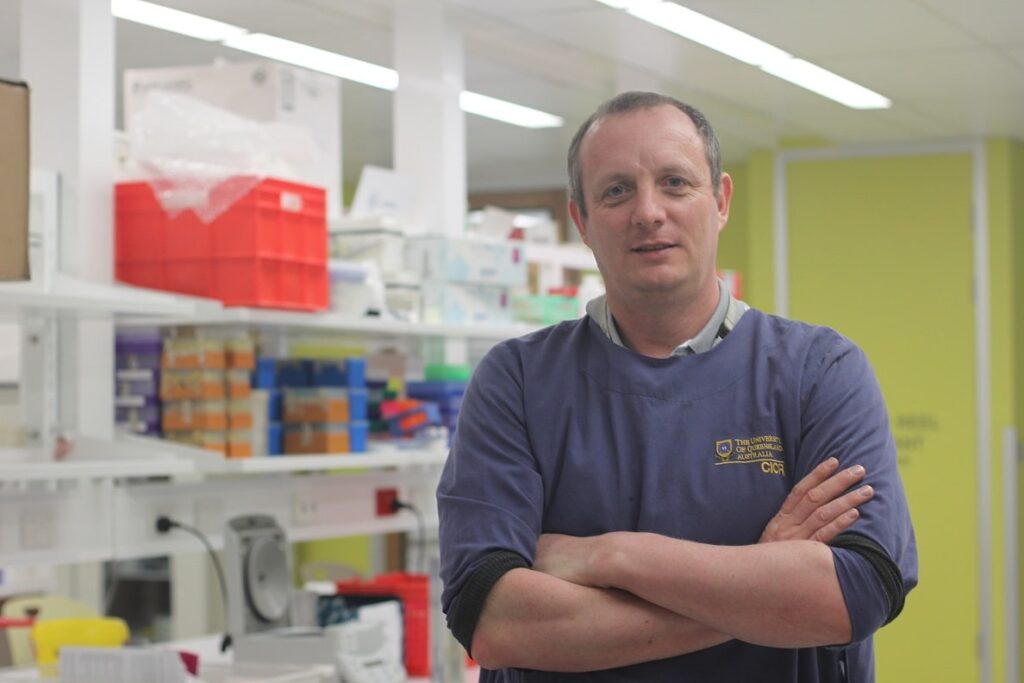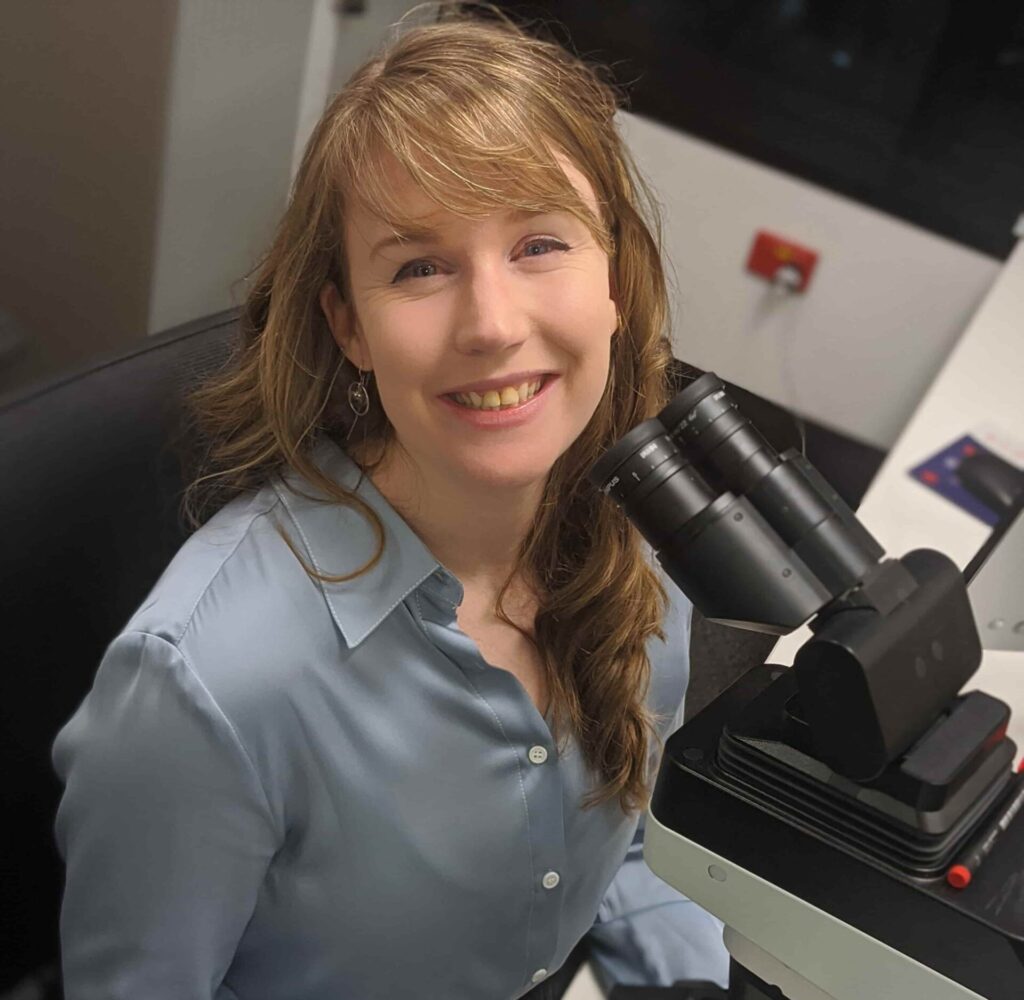Unlocking the Mysteries of Blood Cancer
In the ever-evolving landscape of blood cancer research, the quest to combat blood cancer continues to push boundaries. The New Directions in Leukaemia Research (NDLR) event in Adelaide last month brought together leading minds in the field to discuss breakthroughs, challenges, and the future of leukaemia treatment. From cutting-edge advancements in therapies to the promise of personalised medicine, the conference, sponsored by the Leukaemia Foundation, shed light on the latest discoveries and strategies shaping the fight against leukaemia.
- Research
